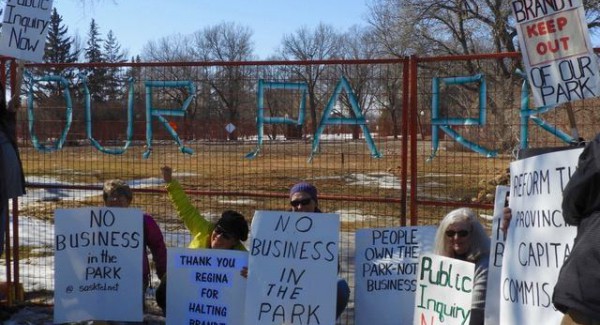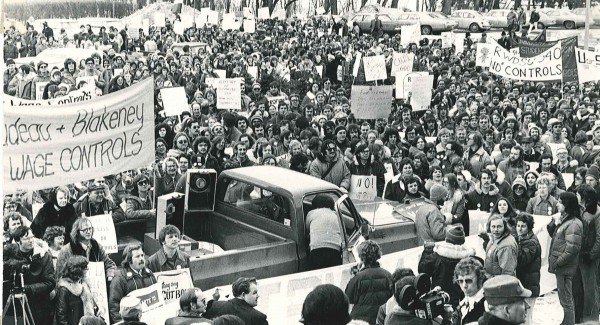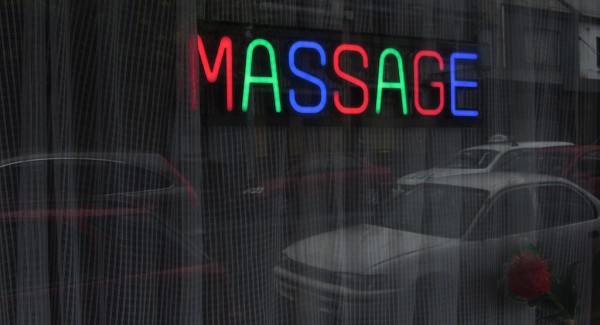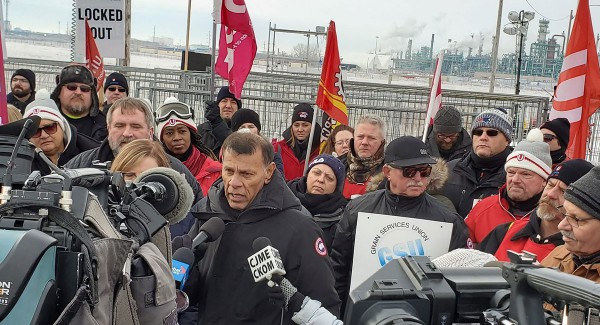Is Saskatchewan doing enough for workers during COVID-19?
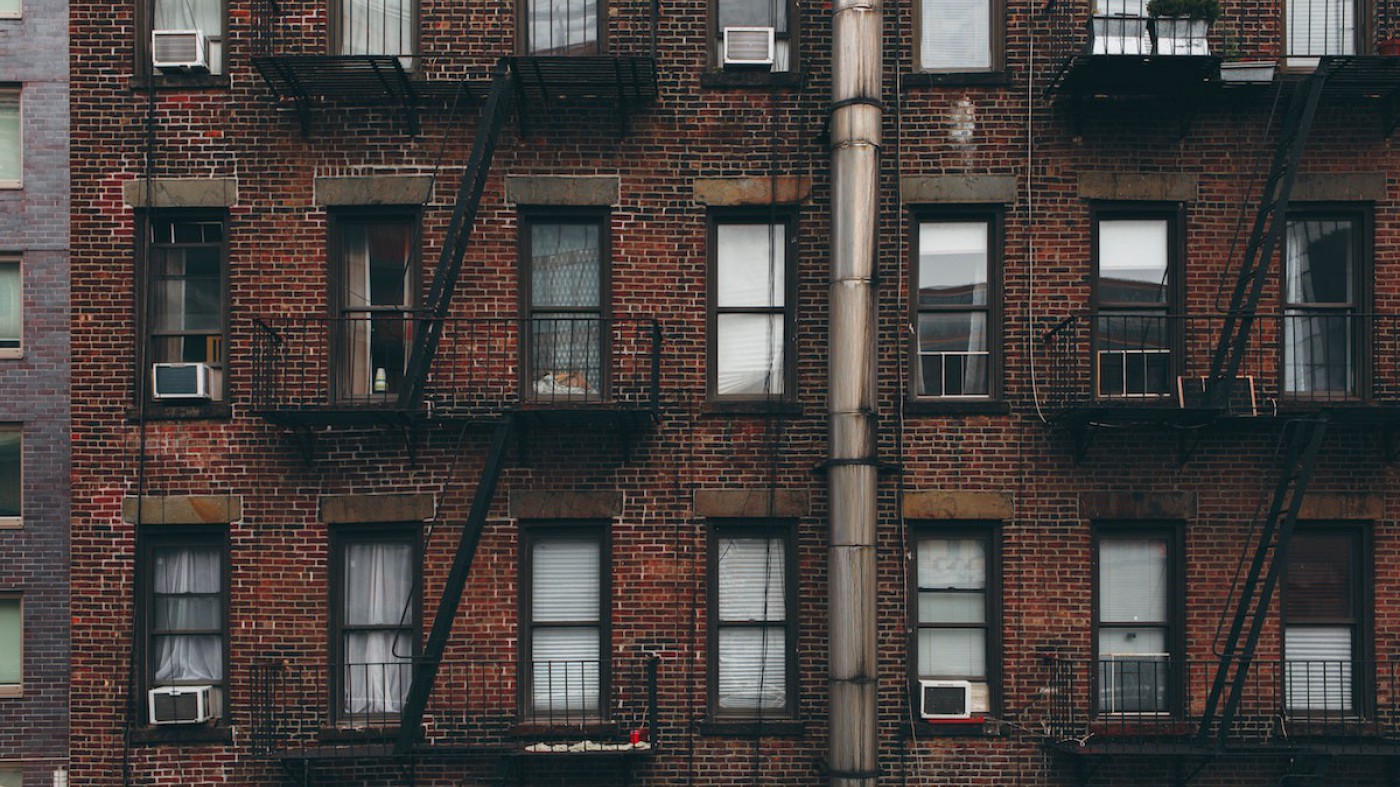
Anthony Fomin/Unsplash
Today, the Saskatchewan government announced that it will temporarily suspend residential evictions. But suspending evictions isn’t the same as cancelling rent. When the state of emergency is over, tenants will be expected to pay their rent in full, and will be faced with walloping debt. Some activists are calling for the province to cancel rent entirely for the duration of the pandemic.
“There’s already a crisis,” says Nairn MacKay, a long-time anti-poverty activist in Regina who has lived below the poverty line. “Eviction rates [in Saskatchewan] were already going up before this pandemic was recognized as an emergency.”
With more than half of Canadians living paycheque to paycheque and 103,000 Saskatchewan residents living below the poverty line – many of whom are unable to work or who work precarious jobs that don’t offer paid sick leave – two weeks off work doesn’t just mean money is tight. It can mean the difference between paying rent or losing your housing after the pandemic.
“Eviction rates [in Saskatchewan] were already going up before this pandemic was recognized as an emergency.”
“Quarantine is a bigger deal than toilet paper,” says Jonelle Shambel, a single mom whose 5-year-old daughter has now been out of school for weeks, first because of a cough and now because of school closures. “It means loss of income.”
Shambel, a marketing and communications coordinator, says that she’s fortunate she already works from home, but “I still have to put in a full 8.5 [hour] day.” She’s been waking up at 5 a.m. or working until midnight after her daughter goes to sleep to make up for the lost time. Her former partner, who works in tourism, isn’t as lucky, and he’s worried that he won’t be able to pay rent. “At this point he is hoping [his place of work] will close because right now they just keep cutting back hours when events cancel which means he doesn’t get paid, but he can’t collect EI yet either because he’s not laid off.” And although the federal government has waived the one-week waiting period for eligible people to apply for employment insurance, it still only covers 55 per cent of a worker’s income.
For many workers, “That’s 55 per cent of next to nothing,” MacKay says. David Camfield, a professor of labour studies at the University of Manitoba, agrees. “Lots of low-wage workers would find their EI benefits absolutely inadequate,” he says. And many workers – like those who weren’t actually laid off but have had their hours reduced, those who haven’t worked the required number of hours, and those who have already accessed EI in the past year – don’t meet the necessary requirements for EI anyway.
A similar problem exists with Prime Minister Trudeau’s promise to give $2,000 a month for the next 4 months to workers whose income drops to zero because of the pandemic: workers who’ve had their hours reduced won’t qualify. Even for those who do, the money won’t arrive in workers’ pockets until mid-April at the earliest.
These factors are likely already detracting from Saskatchewan’s ability to “flatten the curve” and reduce stress on the healthcare system. “One of the biggest things that leads people to go out the door to work when they shouldn’t is the prospect of not being able to pay rent,” Camfield says.
Some governments have moved quickly to take action to minimize the financial hardships that illness, quarantines, and layoffs will cause to workers, walking back decades of neoliberalism in astonishing ways. In Italy, the epicentre of Europe’s outbreak, where nearly 50,000 have tested positive and more than 5,000 have died, all mortgage payments have been suspended. France has annulled rent and utility bills. Norway is providing full pay for those laid off, while Sweden has promised 90 per cent pay and Denmark has promised 75 per cent pay. New Zealand has wage subsidies and benefit hikes. The governor of California has procured hotels to shelter more than 100,000 unhoused people.
“One of the biggest things that leads people to go out the door to work when they shouldn’t is the prospect of not being able to pay rent.”
Camfield, who thinks that the federal government should step in and declare an emergency that would allow them to use the emergency powers of the Constitution to legislate things like paid sick leave and paid emergency leave, says that “this is one of the things where yes, there’s a cost, but there’s also a savings. […] If you have a healthier population over all, there are benefits to that.”
Workers aren’t the only people who are disproportionately affected by the economic consequences of this pandemic. MacKay says that when it comes to social justice, “poor people get left behind pretty consistently,” adding that, “it’s a public health issue.” MacKay says that inadequate social assistance for those who cannot work has real costs for the entire community when it comes to managing a pandemic like COVID-19. “Social assistance is about half the official poverty line in Saskatchewan,” she says, adding that recipients of Saskatchewan Income Supplement have been encouraged to find roommates to make up for the shortfall. MacKay says there’s already a housing crisis, but it threatens to become a catastrophe. “Historically, once pandemics get into the community, overcrowded housing becomes one of the largest factors in transmission. Overcrowded housing and poverty.”
Just as the problems with social assistance have existed long before this pandemic, so too has the crisis in healthcare, where more than a decade of Sask Party cuts has left a skeleton of a system. The pandemic “opens the door to look at all the cumulative impacts of healthcare cuts,” Camfield says. “There’s not very much capacity in the system. Often management calibrates how many staff are needed on a LEAN level. I think we’re going to see how problematic that is.”
The pandemic “opens the door to look at all the cumulative impacts of healthcare cuts.”
Saskatchewan Union of Nurses President Tracy Zambory has already raised the alarm about shortfalls in the healthcare system, telling the Leader-Post that she’s “very, very concerned” for patients in the province, where hallway medicine is already a common practice. Frontline health care workers are already warning of a shortage of supplies for testing, as well as a lack of personal protective equipment like gloves and N-95 masks.
Although COVID-19 has raised the profile of many anti-poverty demands, MacKay warns that “we need to be critical of the things we’re asking for.” She says “there’s no single answer, it is a fundamental restructuring and rethinking” of the way our society operates. MacKay adds that it’s not enough to call for a universal basic income (which some anti-poverty activists have pointed out fails to challenge the “degrading and privatizing of the social infrastructure”) or more public housing. “We need to break up the food monopoly and agribusiness,” she says. “We need to definancialize the housing market.”
To tackle these persistent problems that have suddenly become so acute, Camfield suggests that we look to the example of World War II. “Those conditions in wartime are what enabled big breakthroughs,” he says. “That was an unusual situation and this is an unusual situation here that people can take advantage of in order to press for things that will improve the lives of working people. Any group of workers that has greater bargaining power should take advantage of it in the spirit of trying to bargain for the common good.”
“I think it’s actually the ethical thing to do.”

